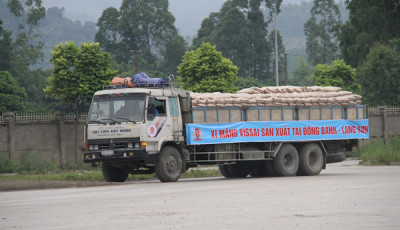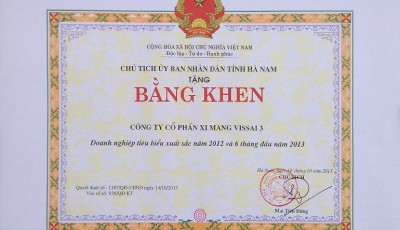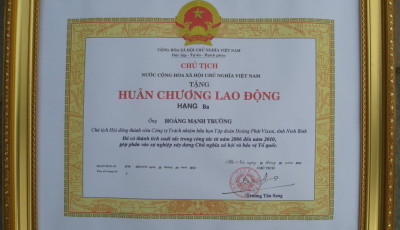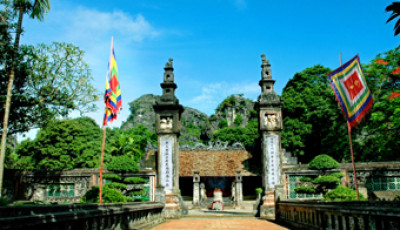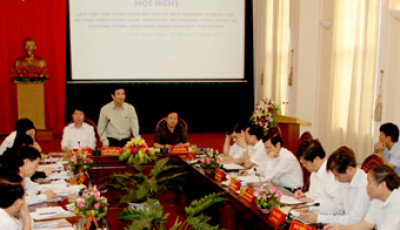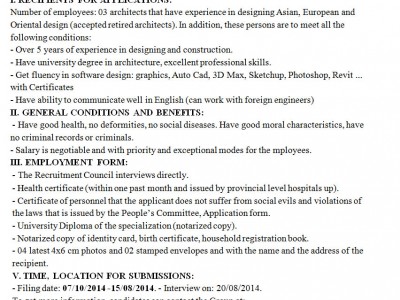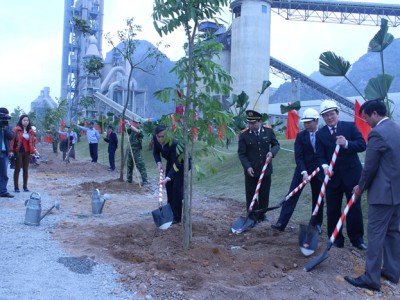Sea change: marine ecosystem takes perilous turn
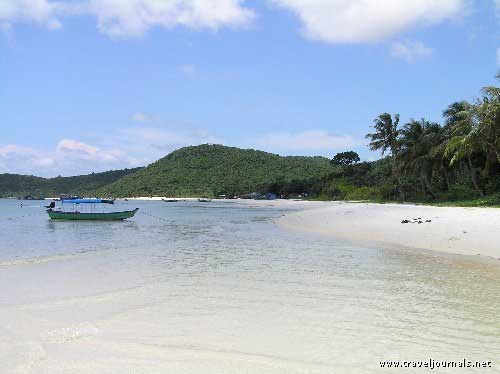 |
The OHI calculates an annual global score that assesses the condition of marine ecosystems and provides a means to advance ocean policy and compare future progress worldwide.
Vietnam’s OHI scores 50 out of 100
According to the study “Measuring the health of the marine ecosystem by Ocean Health Index – a new approach in integrated management of natural resources” carried out by Du Van Toan and Pham Le Duy Anh – Institute of Sea and Islands Management Studies, Vietnam Administration of Seas and Islands, OHI is invented and announced by a team of scientists at the National Center of Ecological Analysis and Synthesis (USA) and International Conservation Organization in 2012.
While other analysis indexes mainly focused on analysing the negative impact of human activities on the environment, OHI analysed and realised the benefits of human derived from the ocean and the way humans can sustainably manage and preserve the ocean’s benefits for future generations.
OHI is based on 10 criteria of ecology, society and politics, including the ability to provide food, fishing opportunities for local fishermen, the ability to offer natural products, carbon storage, coastal protection, the ability to improve the lives and economy development of coastal fishermen, the value of tourist services and entertainment, landscape, clean water and biodiversity. Ten criterions are rated on a scale of 100.
Now, OHI ranges from 36 to 86. Especially, Jarvis Island in the South Pacific – a relatively primitive island having no habitant reaches the highest score (86). The countries with high OHI are Canada (70), the US (63), the UK (62), and China (53).
These countries tend to rank higher because they have more resources for marine conservation and import seafood. Meanwhile, Vietnam’s index was 50 points lower than those of other countries. Especially, Vietnam’s OHI scores move down on the following criteria: providing natural food and products, tourism and entertainment.
It is expected that in the next five years, food supply, fishing opportunities and landscape’s features will increase. However, the ability to offer natural products, carbon storage ability, coastal protection ability, the ability to improve the lives and economy development of coastal fishermen, clean water and biodiversity will decrease.
The Vietnamese marine systems have been in a high danger, if the integrated management of environmental resources agencies do not consider the health of marine ecosystems in a unified and comprehensive way.
OHI index will be applied for 28 coastal provinces
Decision N°1670/QD-TTg dated September 6, 2013 of the Prime Minister approving the strategy of the sustainable exploration and use of natural resources and protection of the marine environment by 2020 and vision to 2030 has identified the goal to better understand the sea, the potential advantages as well as negative impacts from sea.
On the one hand, it promotes the exploitation and use of marine natural resources in a sustainable way, preserves quality of sea water. On the other hand, it maintains the ecological functions and biological productivity of marine ecosystems contributing to the successful implementation of Vietnam Marine Strategy to 2020 and the goal of sustainable development.
To assess the level of sustainable marine development and help control integrated management of environmental resources in Vietnam’s sea, Dr Du Van Toan suggested that Vietnam should apply OHI tools in assessing 28 coastal areas.
Therefore, Vietnam should study and build up scientific criteria, goals, database to apply OHI. To do this, every year, Vietnam will announce OHI index and 10 indicators of biodiversity and fisheries.
It is the only way that will help Vietnam control the health of marine ecosystems scientifically and propose measures to protect marine ecosystems before the risk of recession.
Source: Vietnam Plus




